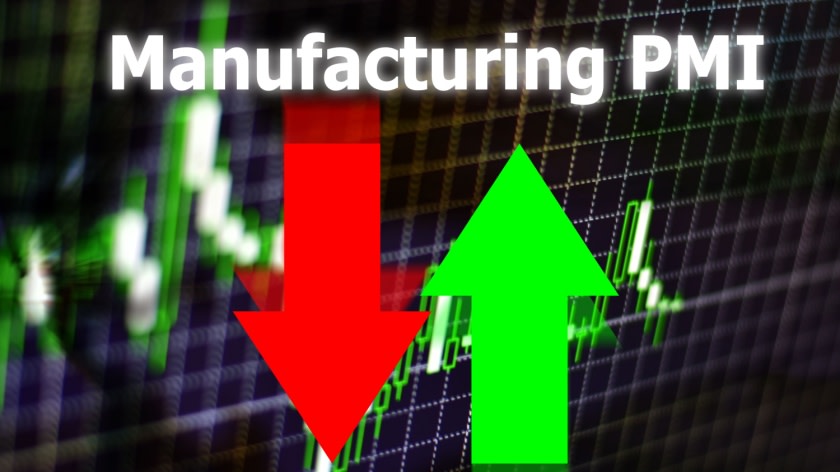Dutch manufacturing industry surprises with increase in new orders

The Nevi Dutch Manufacturing PMI rose from 49.0 to 51.2 in June. For the first time in a year, the score is above 50, indicating an expansion of business activity. Despite trade tensions with the United States, the level of new orders was on the rise.
In addition to the level of new orders, production and employment also grew. Expectations for production in the next twelve months improved. Some entrepreneurs are optimistic about new products and new investments.
Recovery in German manufacturing industry
The increase in new orders, including new export orders, may be explained by a cautious recovery in the German manufacturing industry. Germany is the most important export market for the Dutch manufacturing industry. For example, Dutch firms supply parts for cars and machinery.
German industry can recover thanks to the hundreds of billions that the new German coalition plans to spend on infrastructure and defence. Germany can also benefit from the new NATO standard of spending at 3.5 percent of gross domestic product on defence and another 1.5 percent on security-related investment, such as in infrastructure. Germany has a leading defence industry. In addition, investments in infrastructure such as roads and railways require many industrial products, such as steel and electrical components.
Growth for ASML supply chain?
Another possible explanation for the improvement in the Nevi index could be growth in the chip sector. Taiwanese market leader TSMC reported strong sales growth in the first five months compared to the same period last year. It could be that the dip in the chip market of recent years is behind us, mainly thanks to investments in advanced chips for the application of artificial intelligence (AI). TSMC is the most important customer of chip machine manufacturer ASML from Veldhoven. If the demand for chip machines were to increase significantly, many Dutch suppliers in Brabant and beyond could benefit. ASML will publish second-quarter results on Wednesday 16 July.
House of Representatives relaxes industrial policy
In addition to the new NATO standard, the relaxation of Dutch industrial policy is also a boost for the sector. In the Spring Memorandum, the Schoof cabinet scrapped the plastic levy, which was supposed to take effect in 2028. Moreover, a majority of the House of Representatives voted last week in favour of a Christian Democratic party (CDA) motion to abolish the Dutch carbon tax. This will make the Dutch tax climate for industry less strict and more in line with EU policy. Within the EU, many large emitters of greenhouse gases already have to pay through the emissions trading system ETS.
Nevertheless, energy-intensive industry continues to face other major barriers, such as grid congestion and high energy prices in Europe, mainly due to dependence on imports of natural gas in the form of LNG. Natural gas prices rose sharply in June due to the escalation of tensions between Israel and Iran and uncertainty regarding access to the Strait of Hormuz. If tanker shipping were to avoid this strait, about 20 percent of the global LNG trade could come to a standstill. Natural gas prices rose by about 20 percent, but immediately following the announcement of the ceasefire between Israel and Iran, the market calmed down again.
All in all, conditions for the Dutch industry seem to be improving. The recovery is expected to continue slowly this year, and gain momentum in 2026.
